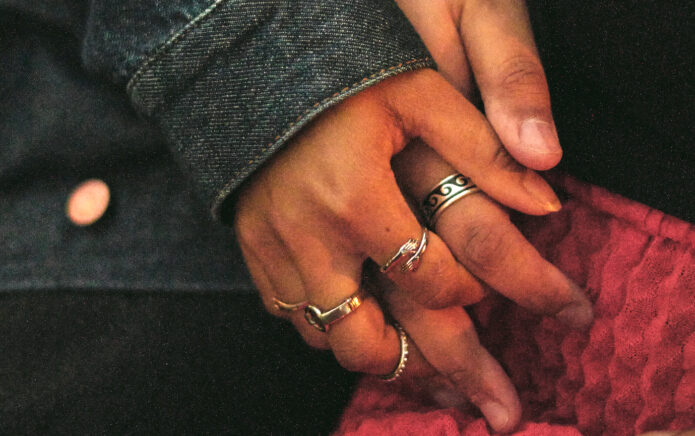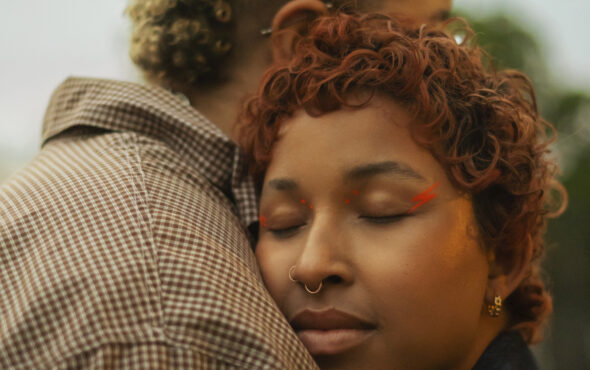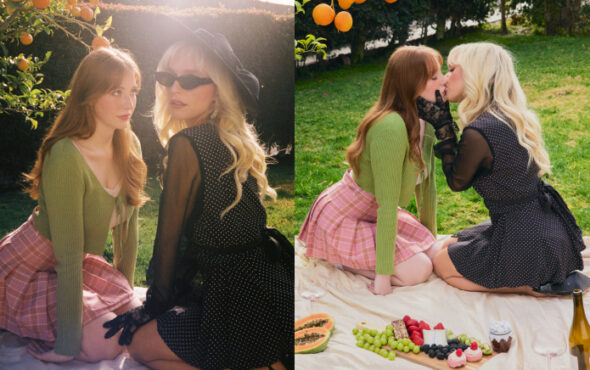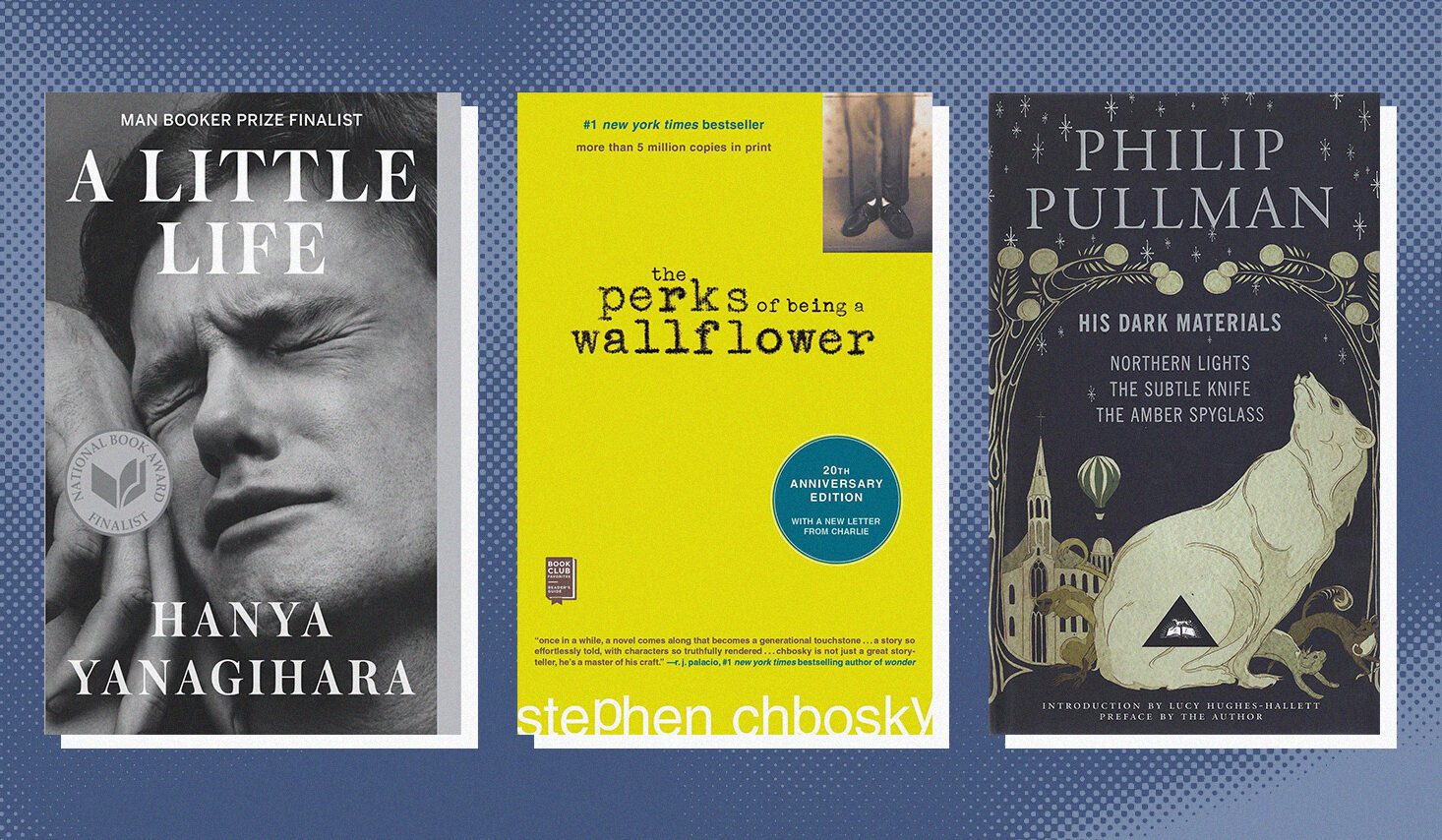
From a young age, I knew that I was different from the other students, especially the boys. I preferred to play with the girls but even then, I did not completely belong with them either. As I got older at primary school, it felt as though it was becoming less acceptable to be spending so much time with the girls as a boy, so I retreated to the haven of the library.
Here, I could escape the fact that I felt very alone and could journey to new realms with endless possibilities. From C.S. Lewis’ The Chronicles of Narnia to Pullman’s His Dark Materials, I loved the idea of a whole new world being out there where people dressed and behaved differently to the world in which I was living. A world where there was no such thing as “normal”, and I was free to be who I wanted to be.
I often felt that I was so absorbed in dreaming of these other worlds that I did not feel fully present in my own. However, as I reached secondary school and met more people, I began to find a small number of people who were similar to me and who I could be myself around, and this was incredible.
They shared with me stories of their own about their struggles from sexuality to gender: stories I had never come across in the hundreds of books that I must have read before meeting them.
These stories were raw and sometimes sad, but they were theirs, and they owned them. Like Lyra, the Protagonist in His Dark Materials, they were dreamers and thinkers, independent people who chartered their own path, and I wanted to be just like them.
As I progressed through secondary school, I was able to come to terms with my sexuality more and more – both thanks to the help of my new friends and books. I began, bit by bit, to live my life more authentically from the way that I spoke to what I chose to wear.
Whilst there were definitely still times when I felt alone and worn down by navigating the world as a gay man, I no longer felt the need as often to escape from the sometimes-harsh realities of the world. That’s not to say there were not moments when I wished I could be like Lucy, from The Chronicles of Narnia, and stumble upon a whole different world, however these thoughts did not come as often as they once did. I was growing to better accept myself and not run from who I was or who I wanted to be.
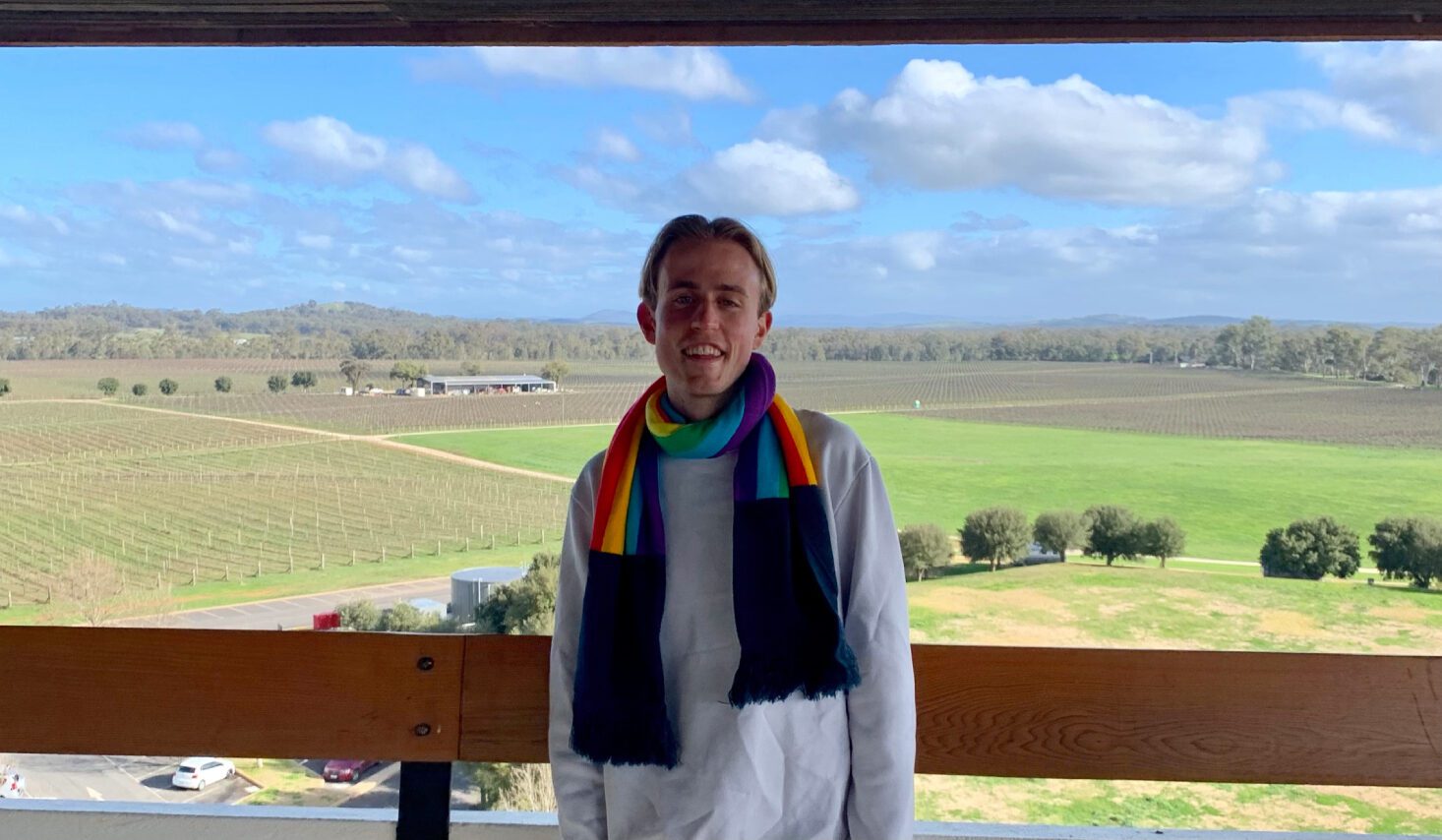
By the time I had finished school and had begun at university, I had come out as a gay man, taking strength from my friends and an array of novels which depicted different queer experiences from Hanya Yanagihara’s A Little Life to Stephen Chbosky’s The Perks of Being a Wallflower.
Through these books, the value of friendship was repeated, as Yanagihara, author of A Little Life, notes, “Wasn’t friendship its own miracle, the finding of another person who made the entire lonely world seem somehow less lonely?” This miracle of friendship was reinforced for me at university where I continued to meet queer people who taught me more about the LGBTQ+ community: a place where I not only felt less lonely but where I actually felt I belonged, simply for being me.
As we go into LGBTQ+ History Month, it makes me excited to see so much more queer representation in literature, as this representation gives an insight to the incredible LGBTQ+ communities out there, even if we do not all grow up with knowledge or involvement in them.
I hope that as more and more novels continue to portray queer characters, other LGBTQ+ kids who used novels as escape, can know that they do not need to dream about another universe to find a place where they can be themselves and belong; instead, they might just find what and who they’re looking for are right here in our world.
Helping young people realise that LGBTQ+ people exist, can lead happy and fulfilling lives, and that’s OK, is something which really matters. That’s why I volunteer with Just Like Us, the LGBT+ young people’s charity, to speak in schools about my experiences growing up LGBTQ+ and also about the importance of allyship. Our stories matter.
Rich is an ambassador for Just Like Us, the LGBT+ young people’s charity.
